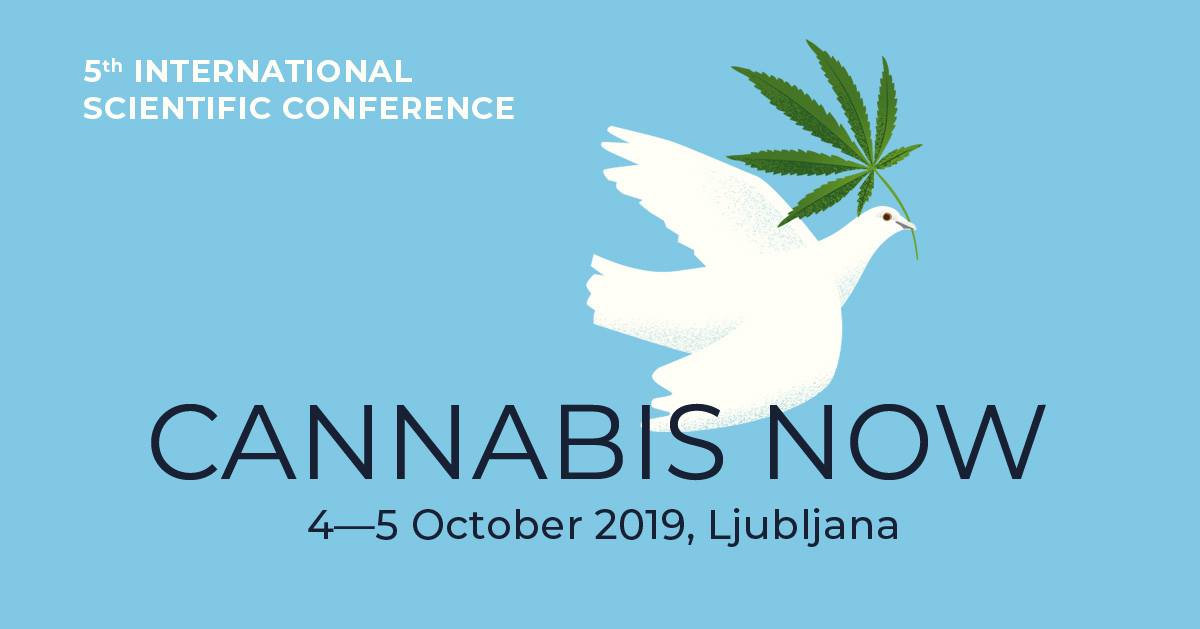The regular annual DPNSEE General Assembly will be held on 20 February 2020 in Belgrade. The key topic of the Assembly will be finalising the strategic plan of the Network. The Assembly will include usual agenda point on reporting and planning the work in 2020.
Following the success of the first dialogue between national authorities and civil society organisations held in 2018, the Office for Combating Drugs of the Government of the Republic of Serbia and Drug Policy Network South East Europe organize the second meeting of national authorities responsible for drug policy and civil society organisations from South East Europe. The meeting will be held on Friday 21 February 2020 in Belgrade, in the Palace of Serbia.
The aim of the meeting is to discuss about issues of importance for drug policy and reflect on the cooperation between authorities and civil society organisations at the national and regional level and perspectives of future cooperation.
The key topics for this meeting will be:
- Decriminalisation of drug consumption and possession for personal use – challenges and experiences
- Role of civil society in drug policy
Governmental representatives and civil society organisations from Albania, Bosnia Herzegovina, Bulgaria, Croatia, Greece, Kosovo*, Montenegro, North Macedonia, Romania, Serbia and Slovenia will have an opportunity to hear results from decriminalisation processes in Italy, Portugal and The Netherlands, discuss pros and cons for drug decriminalisation in countries of the South East Europe region, share their experiences and examples of successful inter-sectorial cooperation and propose recommendations for improvements.
Representatives of ministries of health, justice, social services and interior of the Government of Serbia, Directorate of Police, Republic Public Prosecutor, Office for Supporting Civil Society, other civil society organisations, embassies, and international organisations are also invited to the meeting.

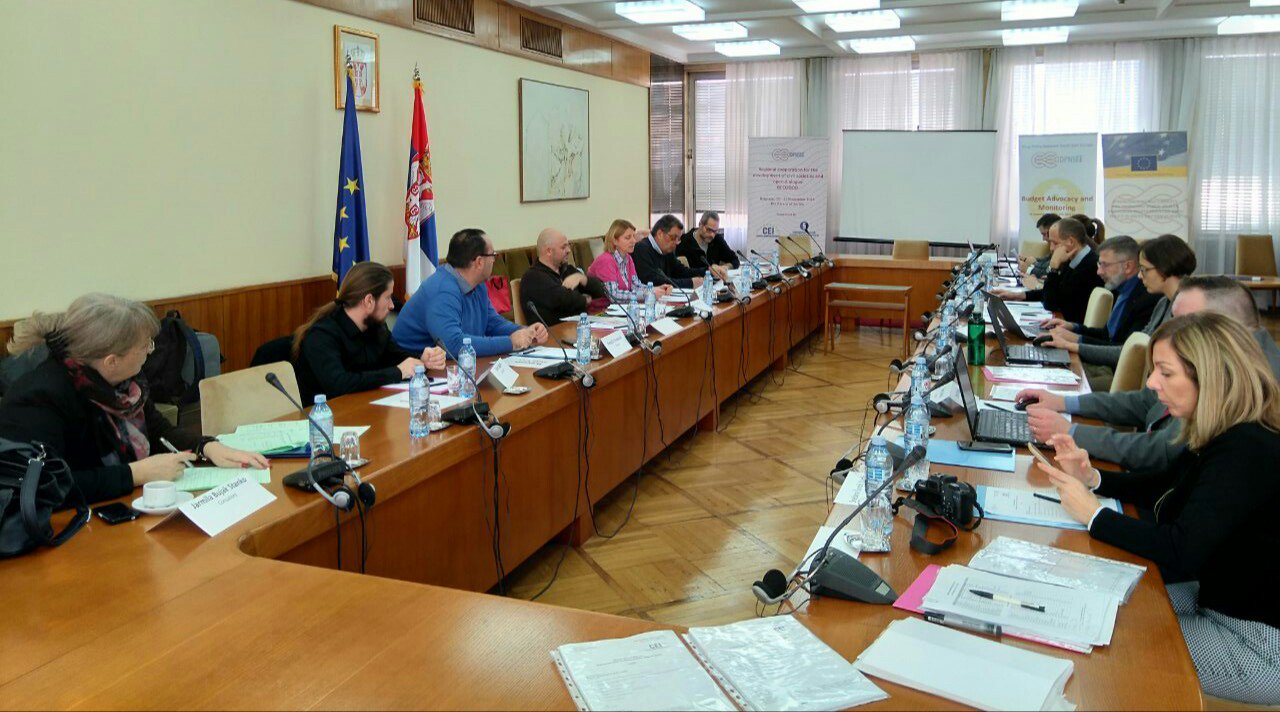
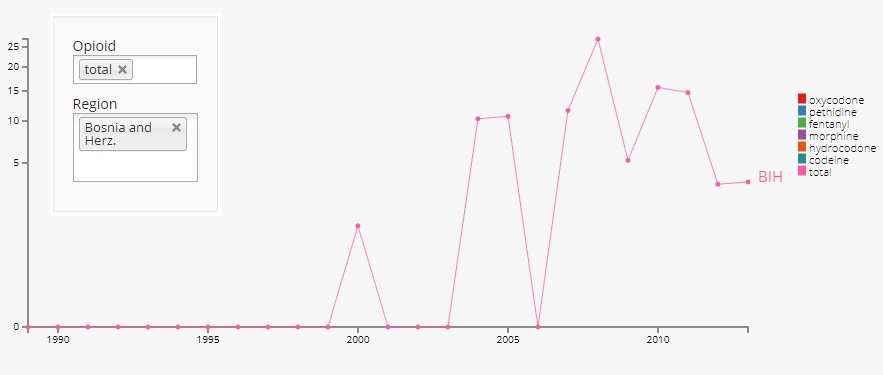

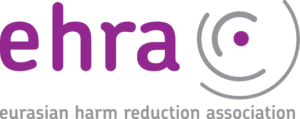 In the framework of project “New Psychoactive Substance Use in Kazakhstan, Kyrgyzstan, Georgia and Serbia” Eurasian Harm Reduction Association (
In the framework of project “New Psychoactive Substance Use in Kazakhstan, Kyrgyzstan, Georgia and Serbia” Eurasian Harm Reduction Association (

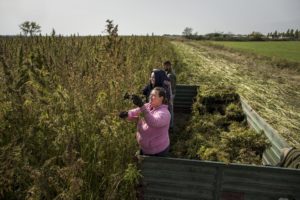




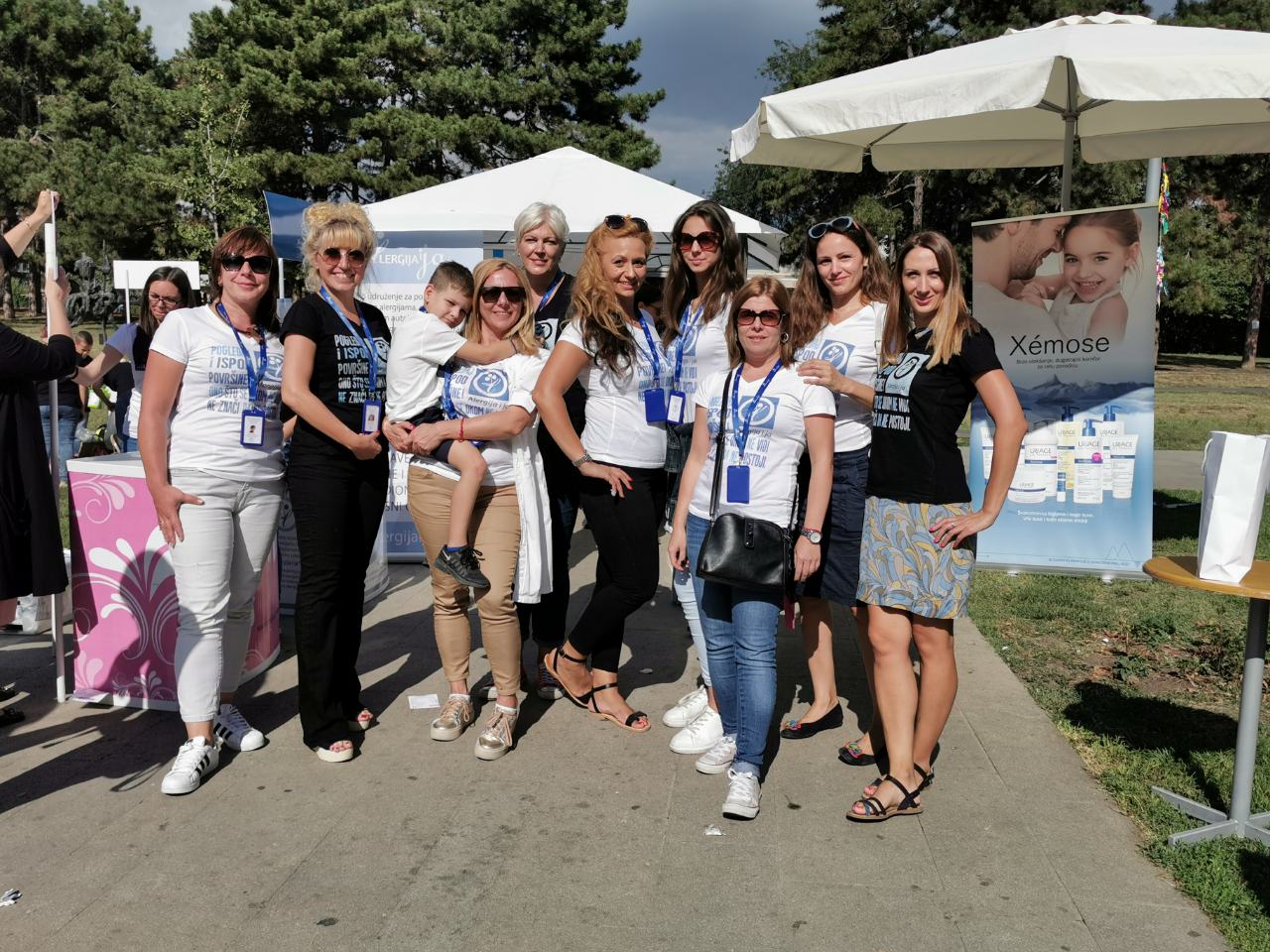

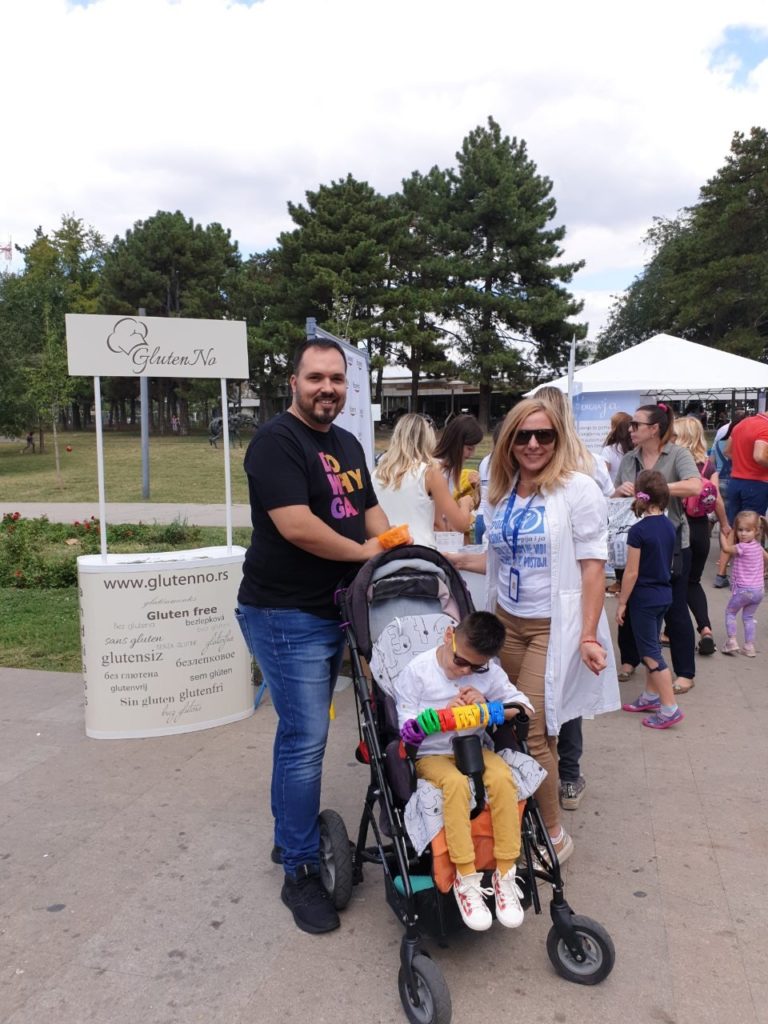




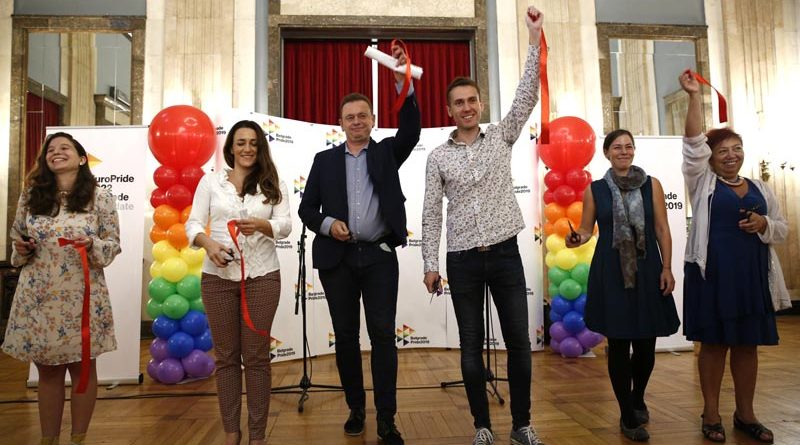
 Also, the
Also, the 